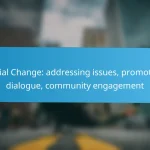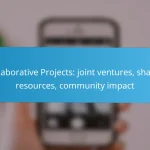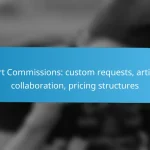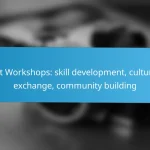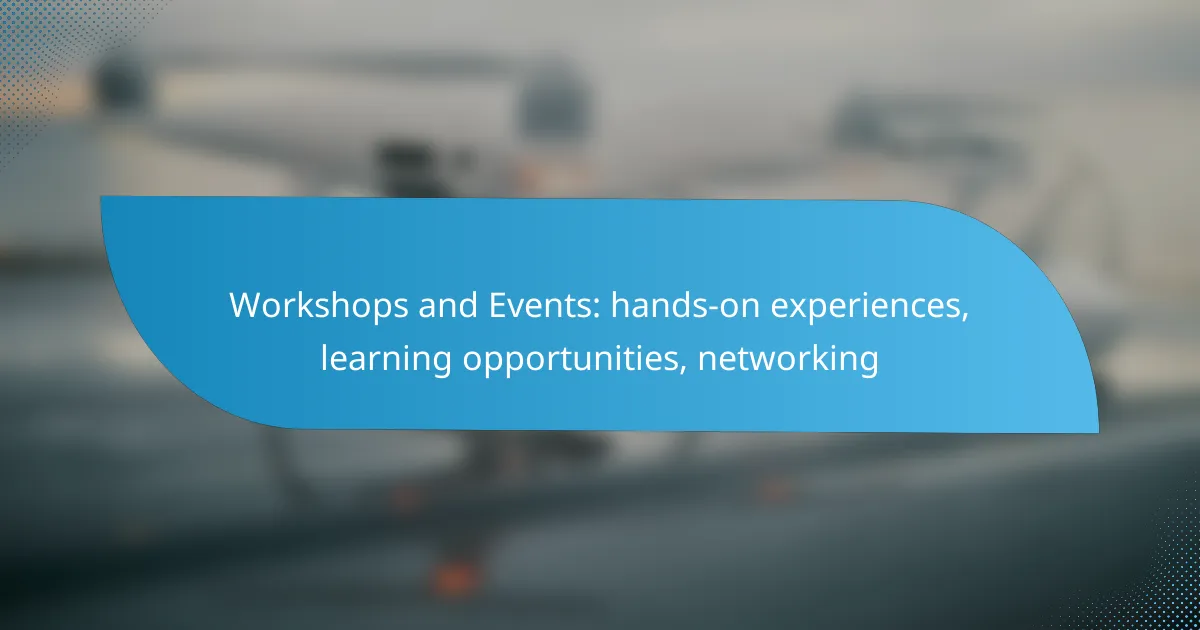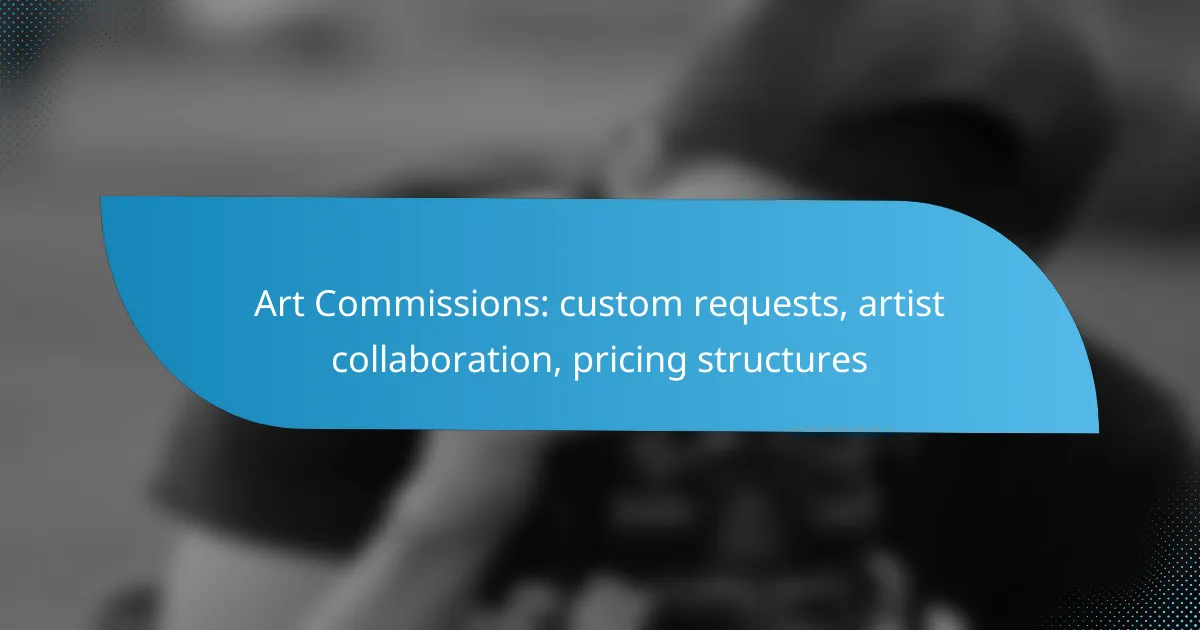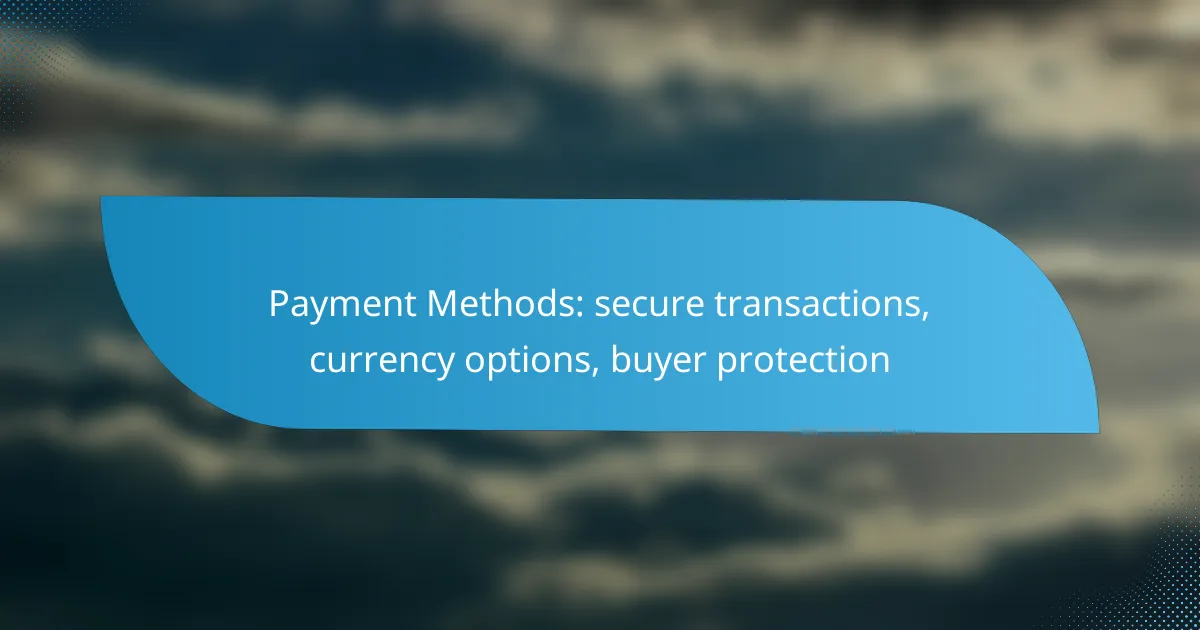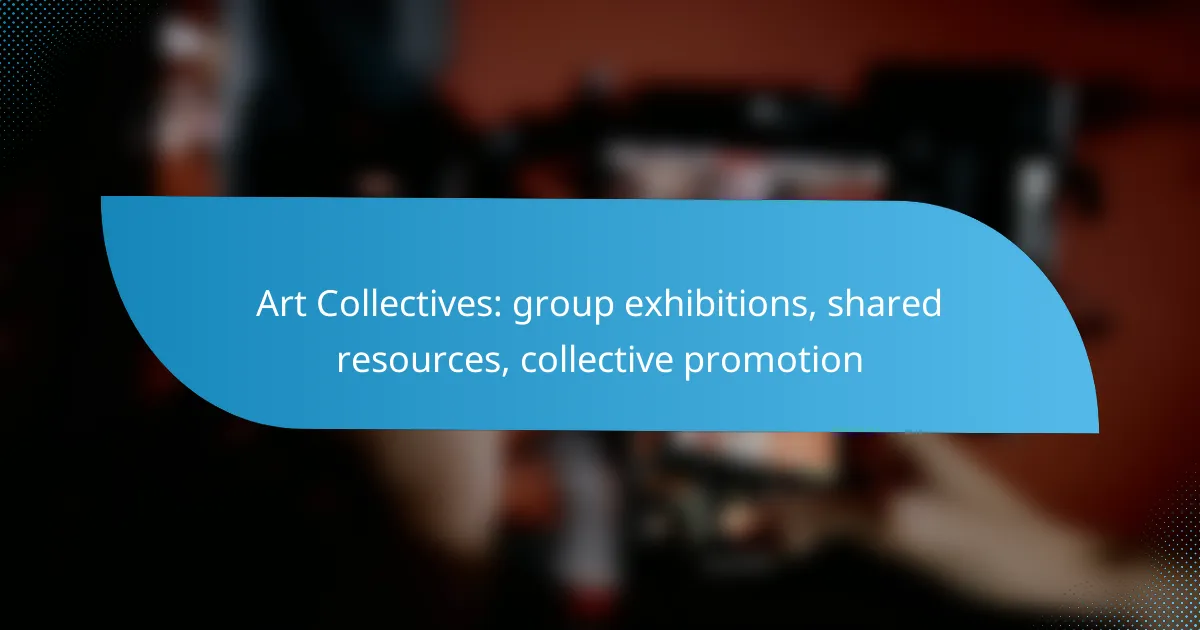In the UK, a wide array of workshops and events is available, providing participants with hands-on experiences and valuable learning opportunities. These gatherings not only foster skill development but also facilitate networking with individuals who share similar interests. By leveraging online platforms, you can easily discover local events that align with your passions and professional goals.
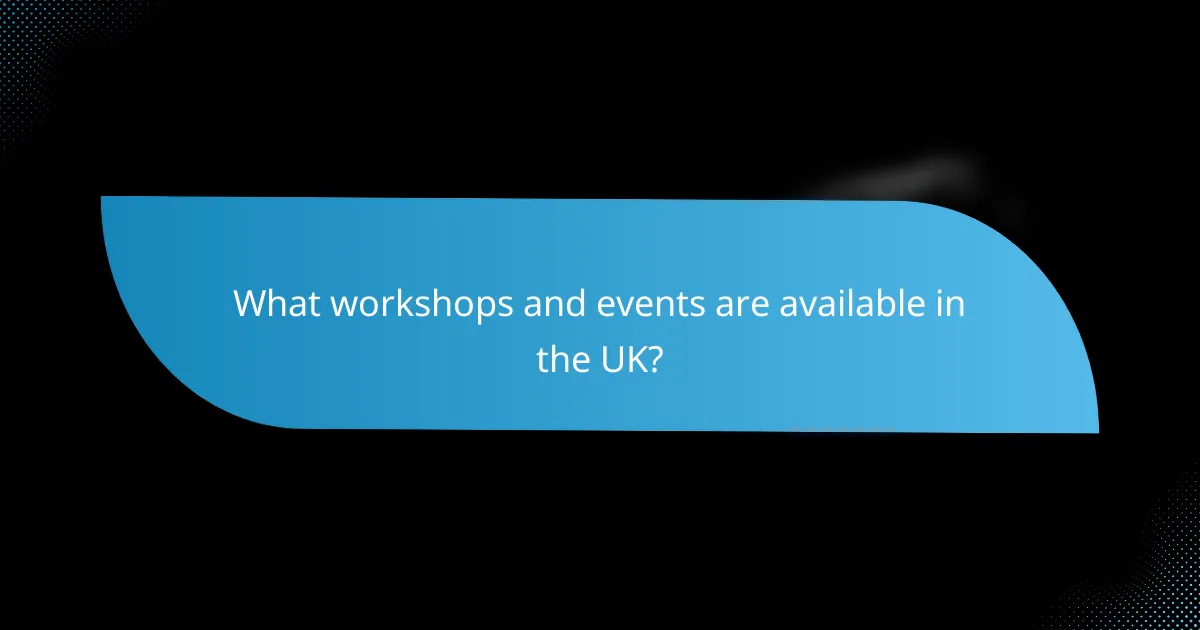
What workshops and events are available in the UK?
The UK offers a diverse range of workshops and events that cater to various interests, from technical skills to creative pursuits. Participants can engage in hands-on experiences, expand their knowledge, and network with like-minded individuals.
Hands-on coding workshops
Hands-on coding workshops in the UK provide practical experience in programming languages and software development. These workshops typically last from a few hours to several days and focus on real-world applications, allowing participants to build projects and solve problems collaboratively.
Popular topics include web development, data science, and mobile app creation. Many workshops are designed for different skill levels, from beginners to advanced coders, ensuring that everyone can find a suitable option.
Creative writing retreats
Creative writing retreats in the UK offer immersive experiences for writers looking to enhance their craft. These retreats often take place in inspiring locations, such as countryside estates or coastal venues, and can last from a weekend to a week.
Participants engage in workshops, receive feedback on their work, and have opportunities for one-on-one mentoring. Many retreats also include sessions on specific genres, such as fiction, poetry, or memoir writing, catering to diverse interests.
Networking events for entrepreneurs
Networking events for entrepreneurs in the UK are designed to connect business owners and aspiring entrepreneurs. These events can take the form of meetups, conferences, or informal gatherings, typically lasting a few hours to a full day.
Attendees can share ideas, seek advice, and form valuable connections. Look for events that feature guest speakers or panel discussions, as these can provide insights into industry trends and best practices.
Photography masterclasses
Photography masterclasses in the UK are tailored for individuals looking to improve their skills, whether they are beginners or experienced photographers. These classes often focus on specific techniques, such as portrait, landscape, or street photography.
Sessions can range from a few hours to several days, combining theory with practical shooting exercises. Participants typically receive personalized feedback on their work, which can significantly enhance their understanding of photography.
Business strategy seminars
Business strategy seminars in the UK provide insights into effective planning and execution for businesses. These seminars usually last a few hours to a full day and cover topics such as market analysis, competitive strategy, and financial planning.
Attendees can expect to engage in discussions, case studies, and group activities that foster collaboration and idea generation. Look for seminars led by industry experts to gain valuable perspectives and actionable strategies for your business.
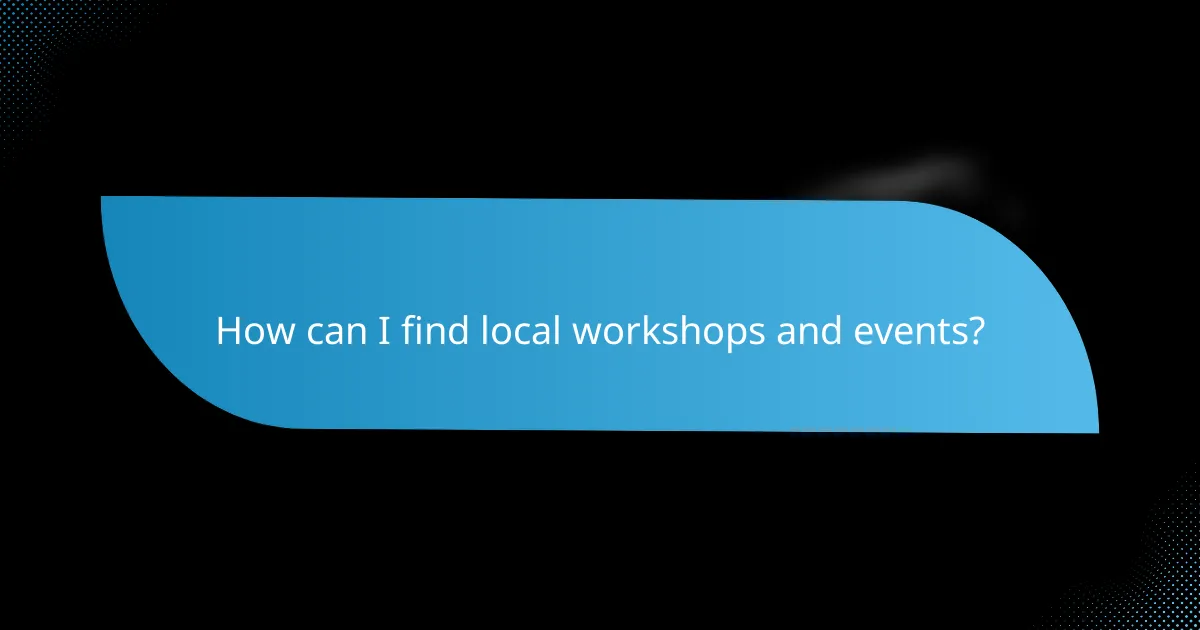
How can I find local workshops and events?
Finding local workshops and events can be straightforward with the right resources. Utilize online platforms that specialize in event listings to discover hands-on experiences, learning opportunities, and networking events in your area.
Eventbrite for local listings
Eventbrite is a popular platform for discovering local workshops and events. Users can search by location, date, and category, making it easy to find relevant activities. Many events are free or have a nominal fee, allowing for budget-friendly options.
To get started, simply visit the Eventbrite website or app, enter your city or zip code, and browse through the listings. You can filter results to focus on specific interests, such as technology, arts, or personal development.
Meetup for community events
Meetup is designed for people to connect over shared interests, making it an excellent resource for finding community events. Users can join groups based on hobbies or professional interests, which often host workshops and gatherings.
To use Meetup effectively, create an account and select your interests. You’ll receive notifications about upcoming events in your area that match your preferences, helping you engage with like-minded individuals.
Facebook Events for networking opportunities
Facebook Events is a useful tool for discovering networking opportunities and local workshops. Many organizations and individuals promote their events on Facebook, making it a vibrant hub for community engagement.
To find events, navigate to the Events section on Facebook and filter by location and date. You can RSVP to events, see who else is attending, and even share events with friends to encourage participation.
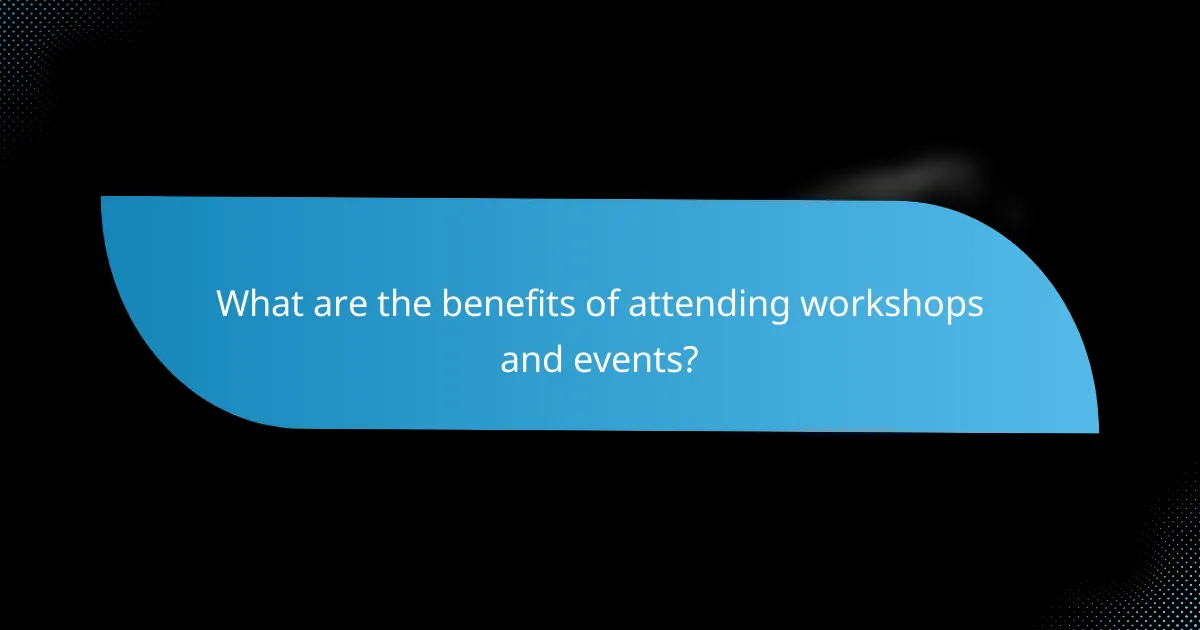
What are the benefits of attending workshops and events?
Attending workshops and events offers numerous advantages, including hands-on learning experiences, networking opportunities, and access to valuable resources. These benefits can significantly enhance both personal and professional growth in various fields.
Skill enhancement through practical experience
Workshops provide a unique opportunity to develop skills through direct, hands-on practice. Participants can engage in activities that reinforce theoretical knowledge, allowing for a deeper understanding of the subject matter.
For instance, a coding workshop may involve building a small application, enabling attendees to apply programming concepts in real-time. This experiential learning can lead to improved retention and confidence in applying new skills.
Networking with industry professionals
Events often attract a diverse group of industry professionals, creating a fertile ground for networking. Engaging with peers and experts can lead to valuable connections that may open doors for future collaborations or job opportunities.
To maximize networking potential, come prepared with business cards and a clear elevator pitch. Participating in discussions and asking questions can also help establish rapport with key individuals in your field.
Access to exclusive resources and materials
Many workshops and events provide attendees with exclusive access to resources that are not readily available elsewhere. This may include specialized tools, software trials, or educational materials that can enhance learning.
Additionally, some events may offer recorded sessions or follow-up resources that allow participants to revisit key concepts at their own pace. Taking advantage of these materials can further solidify the knowledge gained during the event.
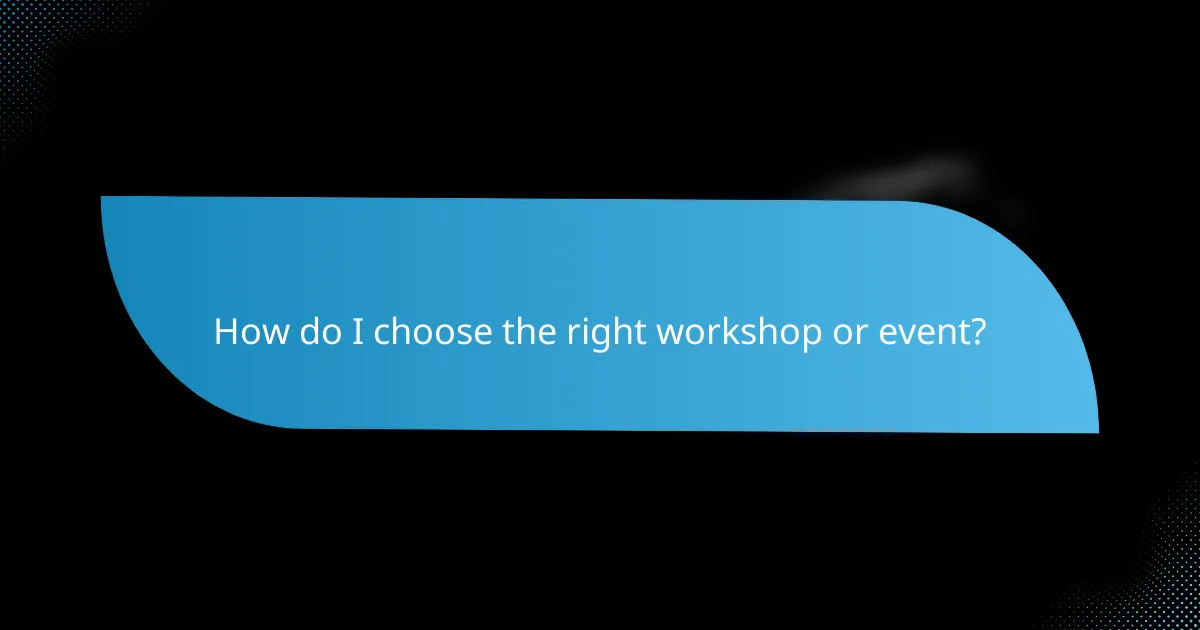
How do I choose the right workshop or event?
To choose the right workshop or event, start by identifying your learning objectives and what you hope to gain from the experience. Consider factors such as the facilitator’s qualifications, the format of the event, and its duration to ensure it aligns with your needs.
Assess your learning goals
Begin by clarifying your specific learning goals. Are you looking to acquire new skills, deepen existing knowledge, or network with industry professionals? Defining these objectives will help you filter options effectively.
For instance, if your goal is to learn a specific software tool, seek workshops that focus on hands-on training rather than general discussions. This targeted approach will enhance your learning experience.
Consider the facilitator’s expertise
The facilitator’s background can significantly impact the quality of the workshop or event. Research their qualifications, experience, and previous workshops they have conducted. A facilitator with a strong track record in your area of interest is likely to provide valuable insights.
Look for reviews or testimonials from past participants to gauge the facilitator’s effectiveness. This can help you determine if their teaching style aligns with your learning preferences.
Evaluate the event format and duration
Different formats, such as in-person, virtual, or hybrid, can affect your engagement and learning outcomes. Consider which format suits your learning style and schedule best. For example, in-person events may offer better networking opportunities, while virtual ones provide flexibility.
Additionally, assess the duration of the event. Short workshops might cover specific topics quickly, while longer events may allow for deeper exploration and hands-on practice. Choose a duration that fits your availability and learning needs.
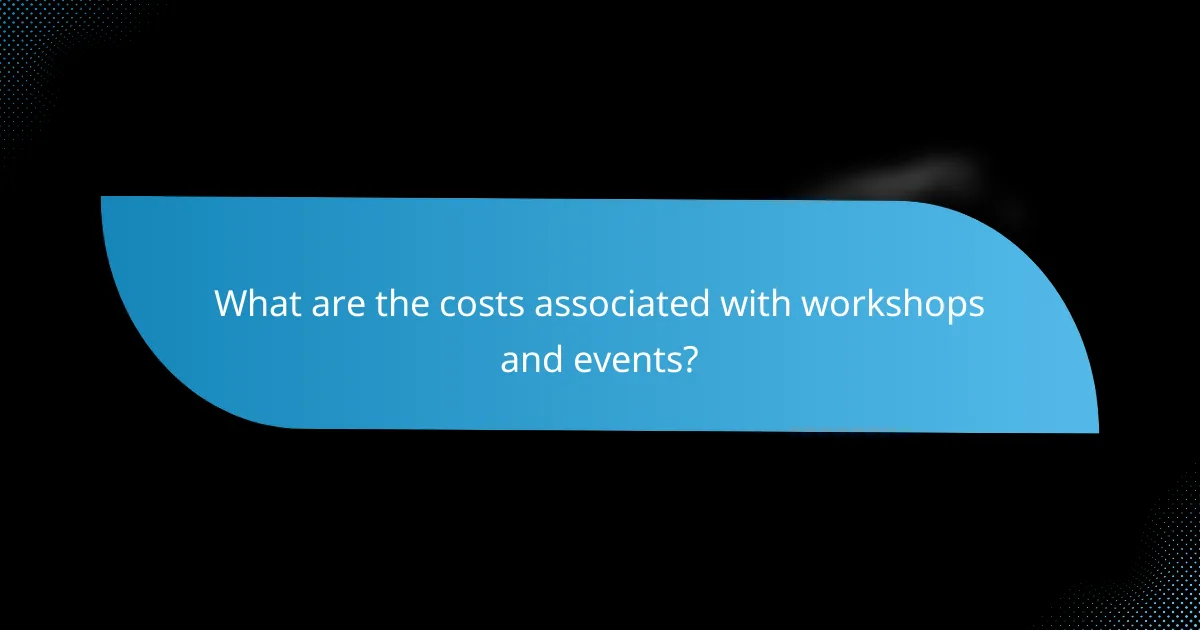
What are the costs associated with workshops and events?
The costs associated with workshops and events can vary significantly based on location, duration, and type of experience. Key expenses typically include registration fees, travel and accommodation, and materials or equipment needed for participation.
Registration fees for participation
Registration fees are often the primary cost when attending workshops and events. These fees can range from low tens of USD for local events to several hundred USD for specialized or multi-day workshops. Early registration discounts are common, so it’s advisable to sign up as soon as possible.
Some events may offer tiered pricing based on the type of participant, such as student or professional rates. Always check for any additional costs, such as late registration fees or optional add-ons.
Travel and accommodation expenses
Travel and accommodation costs can add significantly to the overall expense of attending workshops and events. Depending on the location, participants may need to budget for flights, local transportation, and hotel stays. For domestic events, costs can range from a few hundred to over a thousand USD, depending on distance and choice of lodging.
Consider booking accommodations early to secure better rates and proximity to the event venue. Additionally, explore options like shared accommodations or local home rentals to reduce costs.
Materials and equipment costs
Materials and equipment costs can vary based on the nature of the workshop or event. Some workshops provide all necessary materials, while others may require participants to bring their own tools or supplies. This can include anything from notebooks and pens to specialized equipment.
It’s wise to review the event details to understand what is provided and what you need to bring. Budgeting for these materials can help avoid unexpected expenses, which can range from minimal to several hundred USD depending on the requirements.
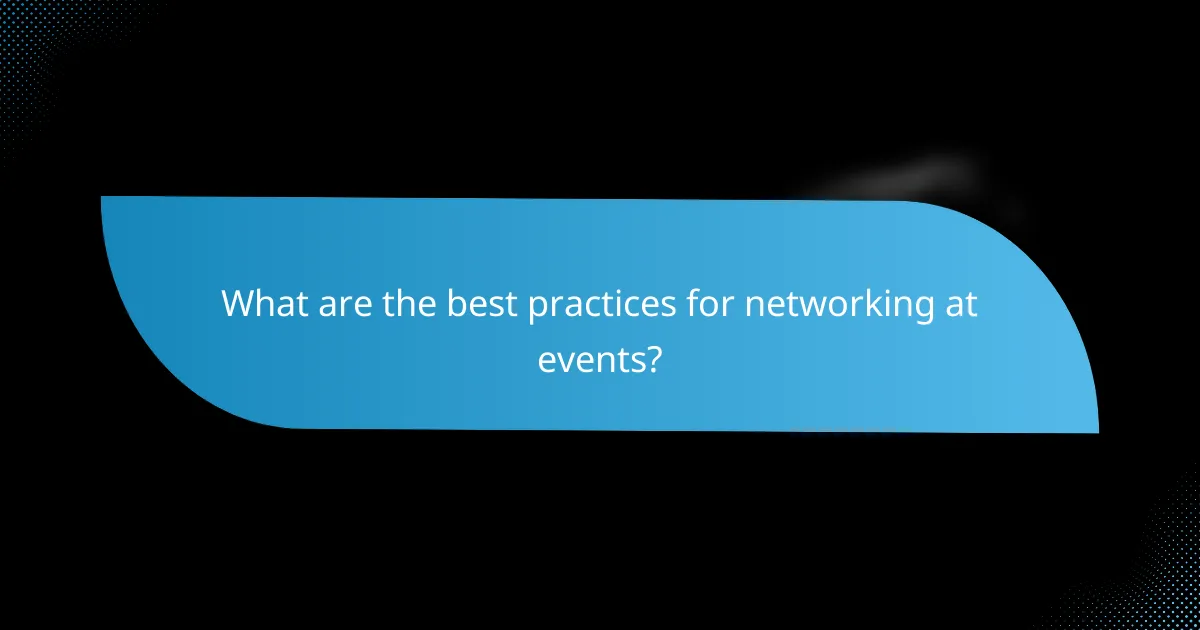
What are the best practices for networking at events?
Effective networking at events involves preparation, active engagement, and follow-up. By employing strategic practices, you can maximize your connections and create meaningful relationships.
Prepare an elevator pitch
An elevator pitch is a brief, persuasive speech that you can use to spark interest in what you or your organization does. It should be concise, typically lasting around 30 seconds, and clearly convey your value proposition.
When crafting your pitch, focus on key elements: who you are, what you do, and what makes you unique. Tailor your message to resonate with your audience, highlighting aspects that would be relevant to them.
Practice your pitch until it feels natural, and be ready to adjust it based on the conversation flow. Avoid jargon and keep it simple to ensure clarity and engagement.
